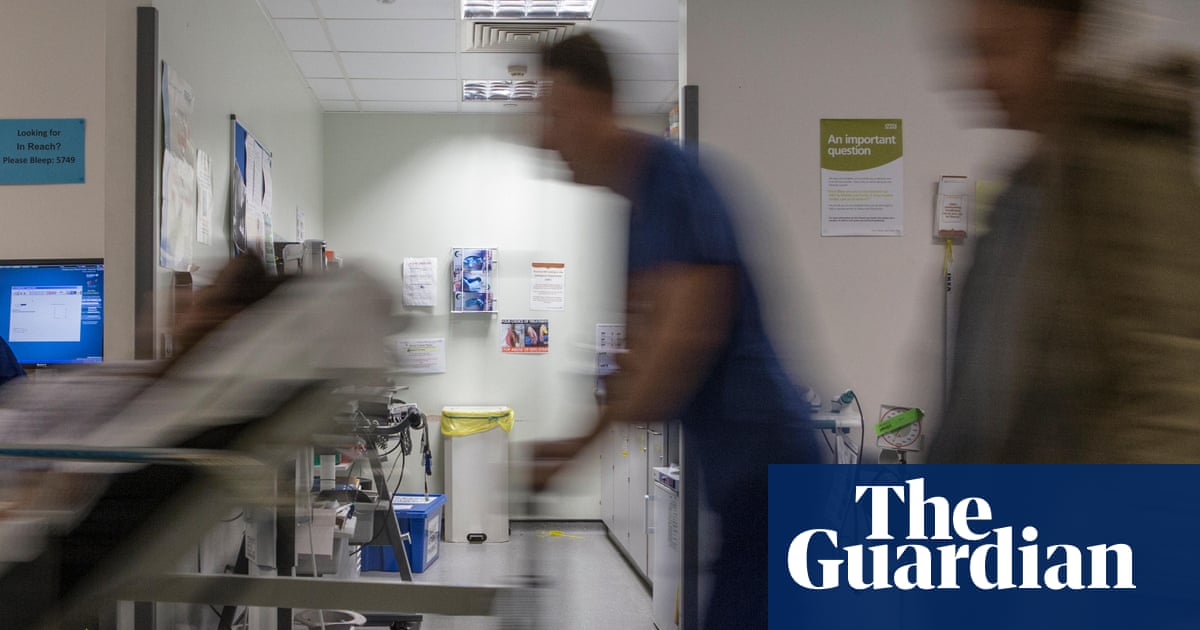The chancellor, Rachel Reeves, could be forced to spend more than £5bn and employ 92,000 extra workers across the public sector if declines in productivity continue until 2030, according to analysis of official figures.
The Centre for Economics and Business Research (Cebr), an economic consultancy, said more workers would be needed by the end of the decade to achieve the same level of service, after a decline last year in the amount produced each hour by the average public sector worker.
Using the latest figures from the Office for National Statistics, the consultancy said ministers should be alarmed by the findings, which showed a 0.3% decline in productivity across the public sector in 2024, after a 0.2% decline in 2023, to below pre-pandemic levels.
If the downward trend continues for the rest of the parliament, the Treasury will need to fill the shortfall in hours by employing 92,000 workers at an extra cost of £5.1bn, Cebr calculated.
An alternative will be to cap the number of workers and accept a decline in service levels, it said, adding: “There is a third option of addressing productivity directly, taking measures to boost output per worker through skill development, operational changes, or otherwise.”
Reeves is under pressure to limit day-to-day spending before the budget in the autumn. A spending review due to be published on 11 June will set out the government’s priorities for the next three years.
Speculation has increased that the chancellor will be forced to cut departmental budgets or raise taxes to stay within her fiscal rules after a weakening of the economic outlook and the prospect of lower tax receipts.
The health secretary, Wes Streeting, has instructed all areas of the NHS to raise productivity to release funds for investment.
However, unions have begun to call for inflation-busting pay rises this summer, adding to the squeeze on the public purse.
Cebr said the UK’s overall productivity – which combines private and public sector employees – had experienced persistent sluggishness since the 2008 financial crisis and that the country measured poorly relative to several of its peers.
In 2023 the UK’s productivity ranked below Germany and France. Relative to the US, productivity in the UK was 19% lower.
after newsletter promotion
Public sector productivity took a sharp hit from the pandemic and has since failed to recover.
“In addition to remaining short of 2019 levels, recent declines mean that public sector productivity is now even lower than it was in 1997, marking cause for concern,” the report said.
“The UK’s productivity puzzle is not new, but the fiscal stakes are now higher than before. Under the dual headwinds of shrinking productivity and rising wages, the public purse is under mounting pressure to maintain its staffing costs and output.
“Policymakers will need to consider how to boost efficiency while navigating tight fiscal rules and a changing labour market. Failure to act risks a growing black hole in public finances, with taxpayers footing the bill for more staff delivering less output.”

.png) 4 hours ago
3
4 hours ago
3

















































